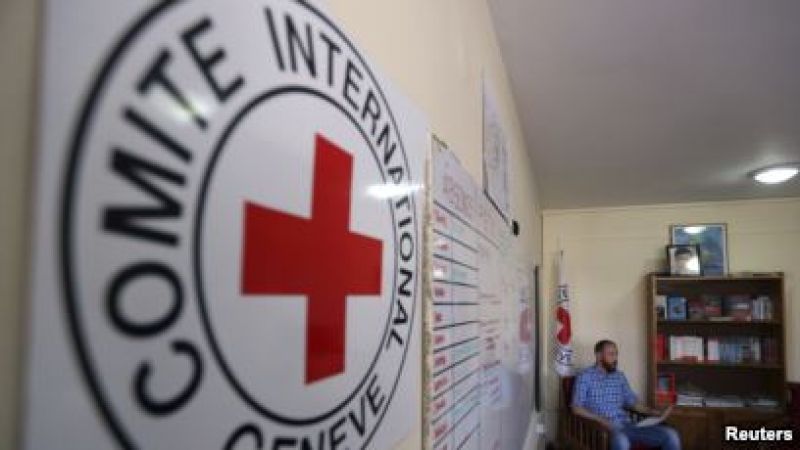
Local Editor
The release of prisoners by Yemen’s warring parties is “hanging in the balance” because of differences over the lists submitted by the resigned regime and its Saudi-led coalition partners and rival Houthi revolutionaries, a senior Red Cross official said Monday.
Dominik Stillhart, operations director of the International Committee of the Red Cross, said a key issue is that each side submitted a list with 8,000 names, but the other side says they are holding a “significantly lower” number.
The two sides will meet again in Jordan’s capital, Amman, starting Tuesday to discuss the December agreement reached in Sweden, he told a small group of journalists at the office of the ICRC’s U.N. delegation.
“I think we will know better at the end of this week whether we will see the implementation of this agreement or not,” Stillhart said.
He said the ICRC was able to facilitate the exchange last week of a Saudi prisoner and seven Houthis held by the Saudis, and expressed hope the parties will build on this “positive momentum” in their talks this week.
Stillhart said an exchange of prisoners has long been seen as “one of the most important confidence building measures” toward a political process that would restore peace to the country.
The Saudi-led coalition has been at war with the Houthis since 2015. The conflict has killed tens of thousands of people and generated the world’s worst humanitarian crisis.
“The difficult part is for the two parties to come to an agreement on the respective lists,” Stillhart said. “There are expectations that some people on both sides should appear on the list, and if they are not, immediately the question is, are you hiding them?” he said. “It’s all a question of, do we trust that the other party is coming to the table in good faith.”
He said some people on the list probably died during the conflict.
The prisoner exchange was reached in Sweden along with an agreement on a cease-fire and withdrawal of combatants from the key port of Hodeida. The agreement was seen as a first step toward ending the war.
Stillhart stressed that its implementation remains “extremely fragile.”
Source: News Agencies, Edited by Website Team